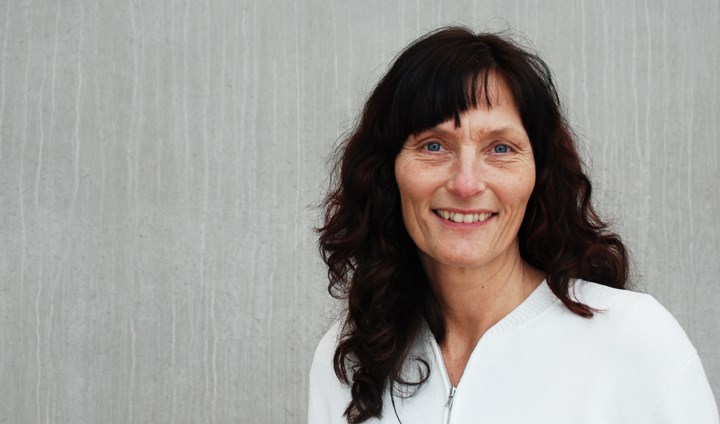Ann Quennerstedt - new professor 2016

Ann Quennerstedt is Professor of Education. The main area of her research is the role of early childhood education and secondary school for children’s human rights. There are almost no studies done on how this teaching is carried out.
1967 Born in Västanfors
2006 PhD in Education at Örebro University. Thesis: The Municipality – a Participant in Educational Policy?
2010 Docent of Education at Örebro University
2015 Professor of Education at Örebro University
“In my previous research there have been many preschool and secondary school teachers that have expressed that it is a difficult area, with uncertainty in knowing what the rights mission is, and how they should work with the children and youth rights doctrine.”
Ann Quennerstedt’s on-going project Education as greenhouse for children’s and young people’s human rights has as its metaphor that early childhood education and secondary school can function like a greenhouse, that is a place for growing, where one tries to create the best possible conditions.
“We know very little about what conditions and restrictions that may exist with regards to a child’s learning of human rights in schools. Or by extending the greenhouse metaphor: what the soil, watering, supply of nutrition and regulation of temperature of the greenhouse school may look like.”
The research team is seeking to collect data through observational methods and interviews in preschool to secondary school in practice, to survey how teaching and learning of human rights is conducted. The questions the project is seeking to answer are:
• What is the content in teaching and learning in, through and about human rights?
• How are children and young people, through this content, given possibilities to grow as holders and practitioners of human rights?
The study includes two preschool groups and six classes in the third, fifth/sixth and eighth grade.
“The project is expected to contribute knowledge which should support teachers in building a greenhouse of human rights where the conditions for growth are favourable.”
Ann Quennerstedts’s fundamental research interest concerns the core values of early childhood education and school. She began with the school’s democratic doctrine, and dedicated her doctoral studies and thesis to the democratic aspects by examining what the idea of an “equivalence education” means in educational policy.
“After this my interest in human rights was aroused, as well as the mandate of early childhood centres and schools when it comes to the treatment and teaching of children as the holders and practitioners of these rights. My research into rights has later taken a more didactic direction.”
Ann Quennerstedt has examined how teachers, and children themselves, view children as holders and practitioners of these rights, and their interpretation of the role and responsibility of early childhood centres and schools when it comes to children’s rights.
“Such knowledge is important in order to strengthen the human rights perspective in early childhood centres and schools, and to determine in which areas prevailing approaches and notions need to be challenged and changed.”
Translation: Jerry Gray
